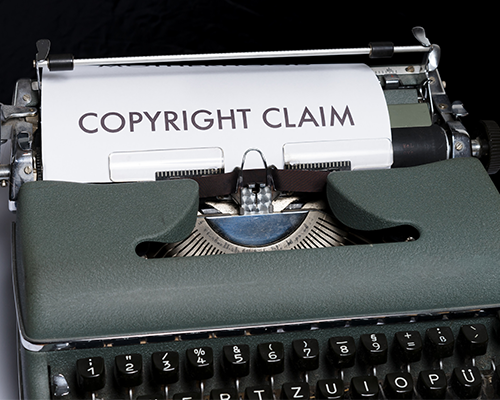Evolving Legal Landscape: Copyright Challenges in Digital Publishing
In the dynamic world of digital publishing, where content is king, safeguarding intellectual property rights has become paramount. The transition from print to digital has introduced a new array of copyright challenges. This blog aims to unravel the evolving legal landscape surrounding digital publishing, focusing on copyright issues and offering insights on how publishers can ensure lawful content distribution.
Understanding the Copyright Conundrum
Digital Reproduction: The ease of digital reproduction and distribution has exacerbated copyright infringement issues. Unlike physical books, digital content can be copied and shared infinitely without any loss of quality.
Global Distribution: Digital publishing transcends geographical boundaries, often leading to complex legal scenarios due to varying copyright laws across different jurisdictions.
Navigating Through Copyright Laws
Knowledge is Power: Staying updated with the evolving copyright laws is crucial. Understanding the Digital Millennium Copyright Act (DMCA), and its counterparts in other regions, is essential for any digital publisher.
Licensing and Permissions: Ensuring proper licensing and permissions for using third-party content can mitigate legal risks.
Implementing Robust Content Protection Measures
Digital Rights Management (DRM): Utilizing DRM technologies can help protect digital content by controlling access and usage.
Watermarking: Digital watermarking can trace the origin of unauthorized copies, acting as a deterrent against piracy.
Engaging in Lawful Content Distribution
Transparency with Readers: Being transparent about copyright policies can help educate readers and foster a culture of respect for intellectual property.
Collaboration: Collaborating with other publishers and copyright holders can create a supportive ecosystem for addressing copyright challenges collectively.
Preparing for the Future: Emerging Technologies
- Blockchain Technology: Blockchain can provide transparent, immutable records of content ownership and transactions, facilitating better copyright management.
Conclusion
The digital realm continues to morph, bringing forth new copyright challenges for publishers. By staying abreast of evolving laws, implementing robust content protection measures, and engaging in lawful content distribution practices, digital publishers can navigate through the complex legal landscape, ensuring the rightful ownership and lawful dissemination of content.
